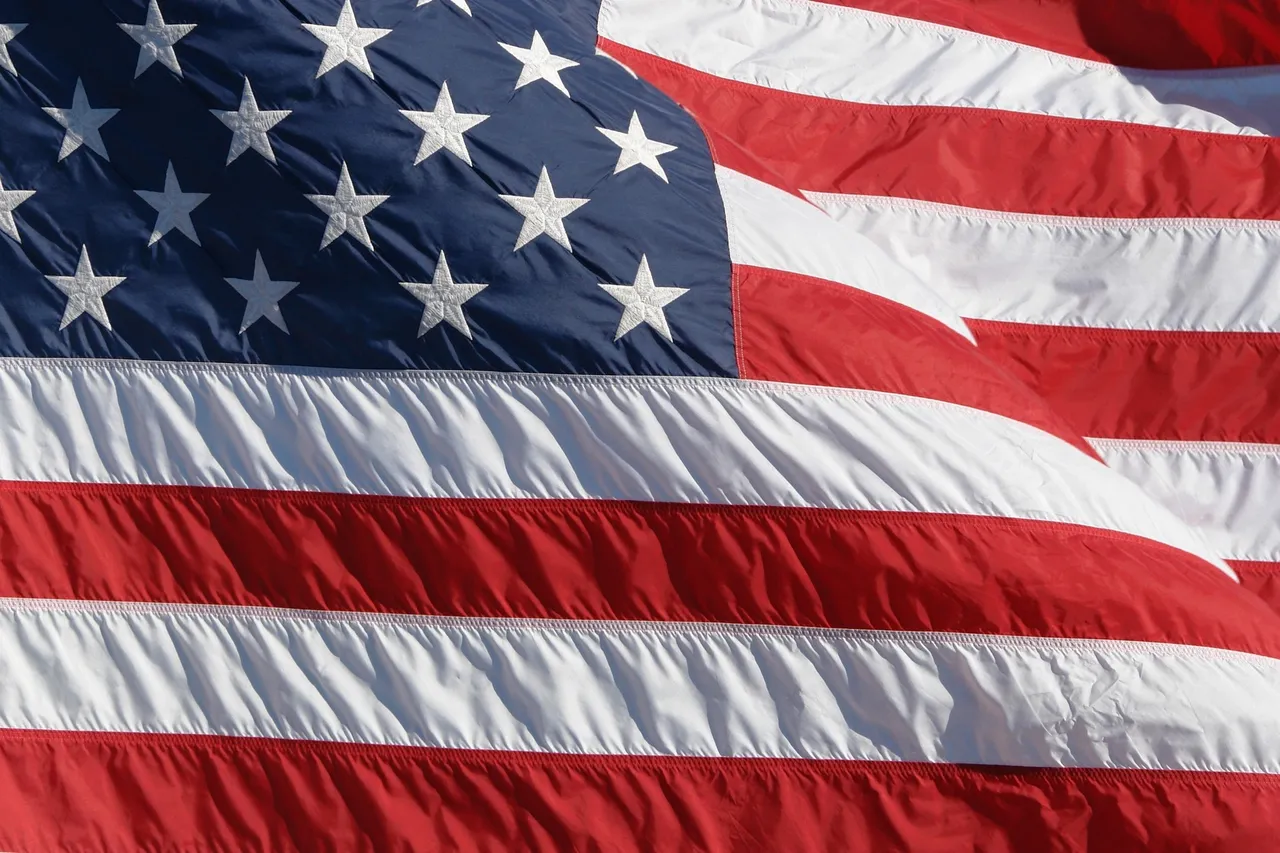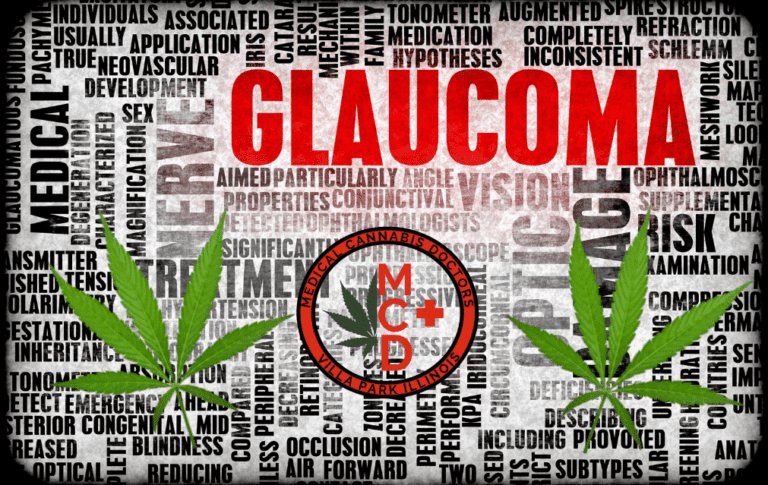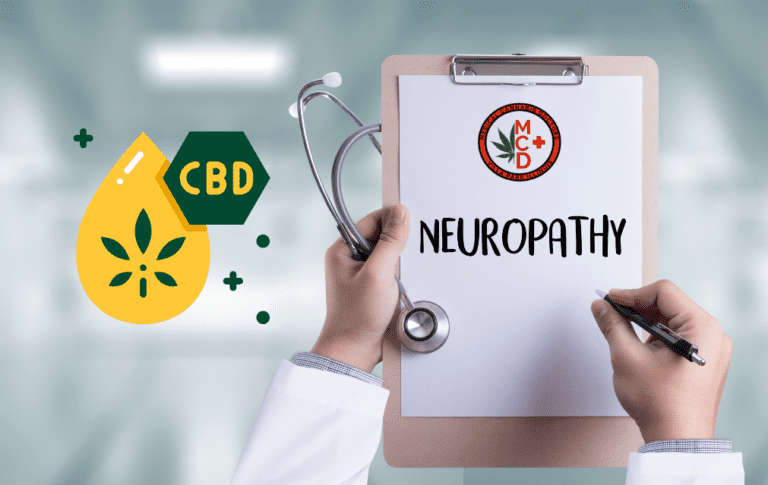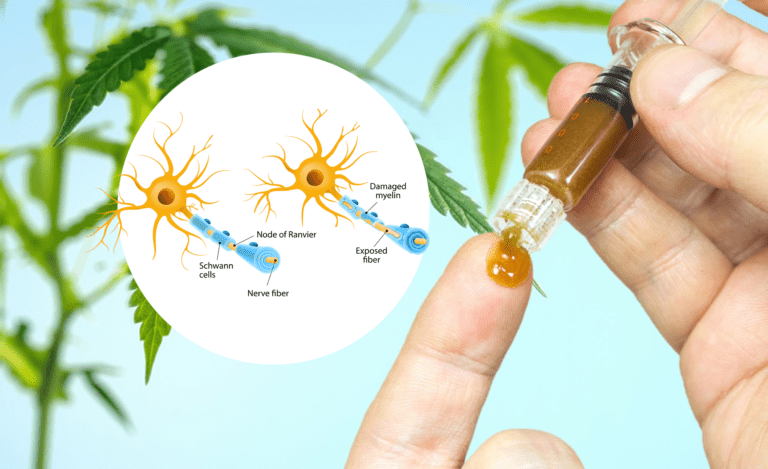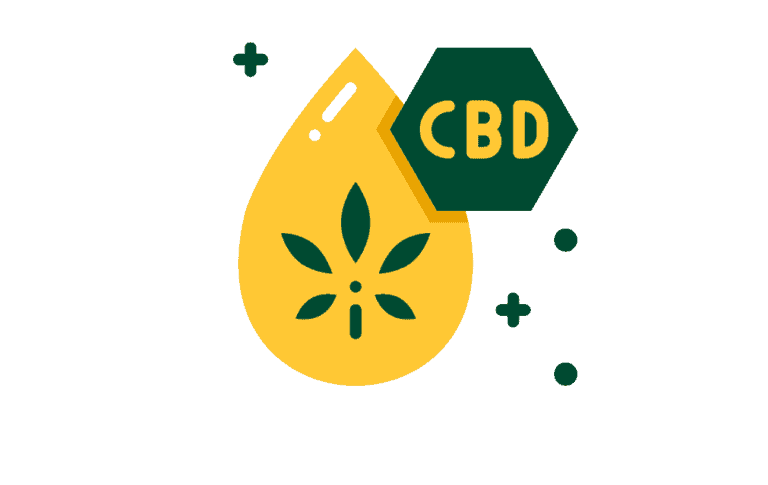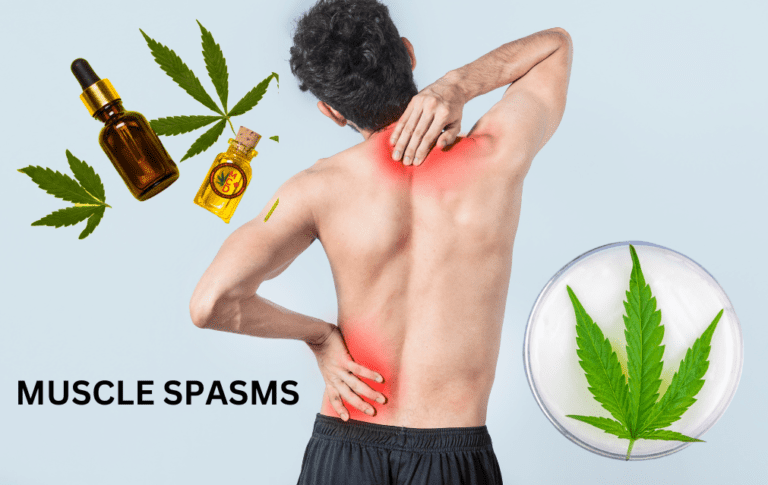Does Legalization Increase Consumption?
Cannabis, at one point in its history, was a widely used drug meant to assist in a religious ceremony or recreational use. It held this status throughout most of the world until around the early 1900s, when America and several other major economies banned the drug. It became widely seen as a drug for degenerates and lower-class people.
The government felt it was a stain on America, so they systematically worked to eliminate it from society. TV programs spoke about the dangers of the drug, and government officials warned the public about the risks of cannabis. For a long time, cannabis was seen as a drug that was equally dangerous as heroin.
Now a drug many parents sought to keep their children away from has undergone a rebranding. No longer is it a degenerate drug, but potentially a medical asset and a harmless plant. So now, the people who shunned cannabis are diving into that world, exploring what the drug can do and if it could be an asset in their lives. The question is, does this curiosity grow in the public once cannabis gets legalized?
Below we will look into the journey of cannabis to legalization and does legalization help increase consumption within the broader population.
The journey of cannabis in America
Cannabis, through the Marijuana Tax Act of 1937, was labeled a Schedule I drug, claiming that it had a high likelihood of being abused and had no medical purposes, a title still held to this day. It was not until the 1970s and the rise of the counterculture movement that the stigma around cannabis began to change.
The youth was the main driver of the movement, and by seeking an alternative to the mainstream consensus on how life should be, they wanted to show the excellent nature of marijuana. Oregon, at this time, became the first state to decriminalize marijuana. With others following the lead by opening the door for marijuana to be used in a medical frame.
It was not until 2012 that Colorado and Washington legalized cannabis for recreational
use. However, even with the rising acceptance of cannabis, social stigmas still exist, and questions about the benefits of cannabis still exist. Cannabis today is criminalized on the federal level, and even in places where on the state level cannabis is legal, this can drive many people away from the drug and cause them to follow along on the narrative that cannabis is harmful to the public.
Does legalization increase cannabis consumption?
When something is illegal, most people avoid that specific thing. There will be outliers who find a sense of adrenaline by doing something illegal. However, for the most part, if people know something is unlawful, they will avoid doing so. It also allows stigmas debunked in other states to remain and thrive in the people’s consciousness.
Once a state government legalizes marijuana, it helps erode the stigma that otherwise would remain. It makes people believe that if the government allows cannabis to be legal, it must be okay for public consumption.
However, there is no clear indication that legalization leads to higher use by the public. Public opinion may change regarding whether a person views cannabis as negative or positive, but recreational use does not dramatically rise. A study has shown that within specific demographics (Hispanic, other, and non-Hispanic white), there is a higher likelihood of one-time use within the last year or month where cannabis is legal. However, overall cannabis usage within these groups and others has not increased dramatically since 2017.
Some of the reasons for that could be continued negative stigmas appropriated in the community before the legalization. It can be challenging to change someone’s mind once it has already been fed a particular story for so long. Others may be okay with legalization but have no interest in participating in the recreational use of cannabis.
This trend may change with future generations exposed to a more positive message around cannabis. But for the time being, simply legalizing cannabis does not mean more people will partake in recreational use.
Conclusion
Cannabis has the advantage of going through a rebranding. The idea of it being a
“gateway drug” or something only used by degenerates is slowly being crushed. Instead, it is slowly becoming a more acceptable drug for relaxation and medical purposes.
However, old stigmas have not entirely disappeared, and some people still view cannabis as something terrible and should be kept away from them and their families. A curious mind may be more intrigued into looking into cannabis and experimenting with what it feels like once legal. But there is no evidence to suggest those same people adopt cannabis use into their everyday life. It is more of an experimental thing made possible by legalization.
As time passes and, more importantly, if/when cannabis gets removed as an illegal substance on the federal level. It could open the door to more curious minds and lead to more usage by former skeptics. But change is slow and old mindsets are hard to change. All people can do is research and find proof that marijuana is more helpful than harmful. Alongside legalization, that will bring more suitors aboard the cannabis legalization wave.

